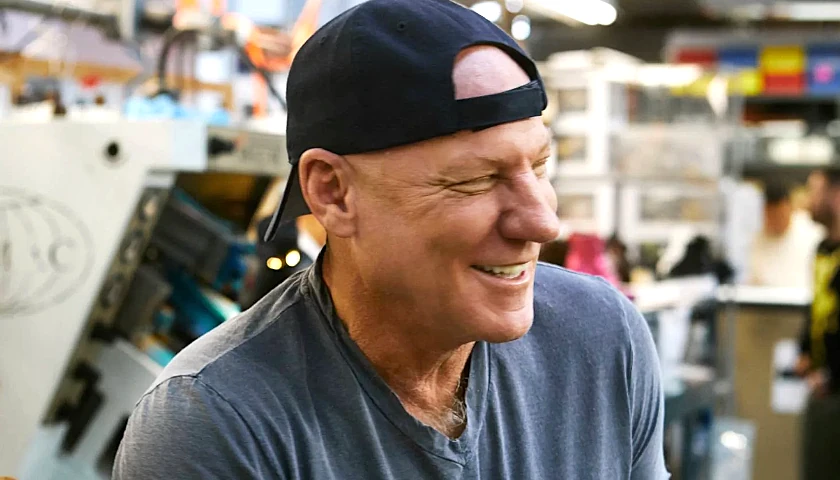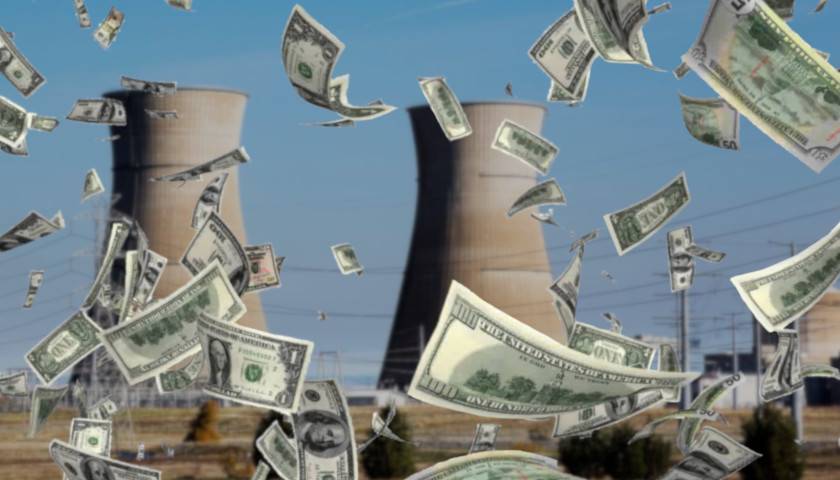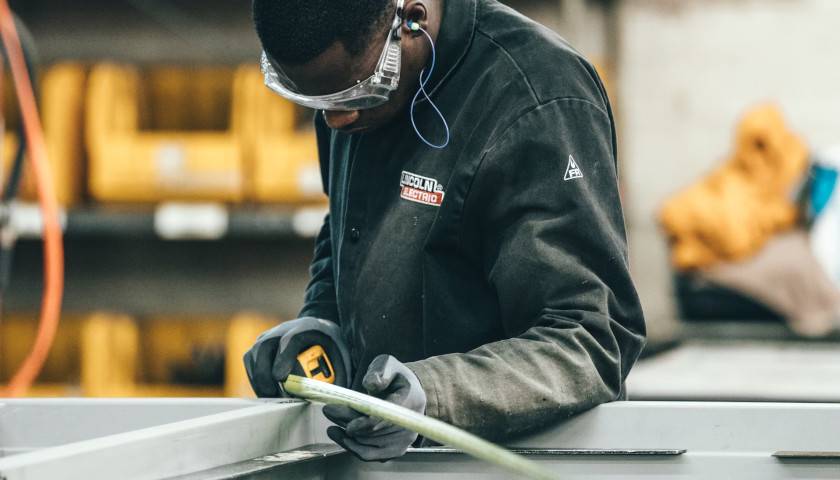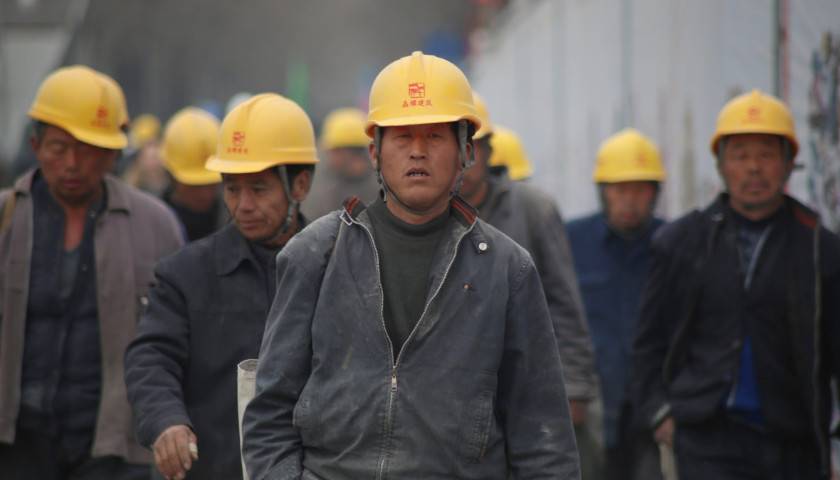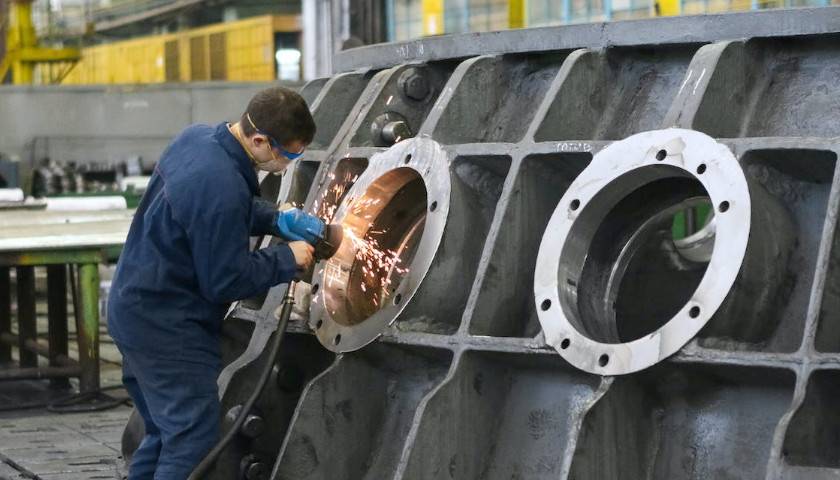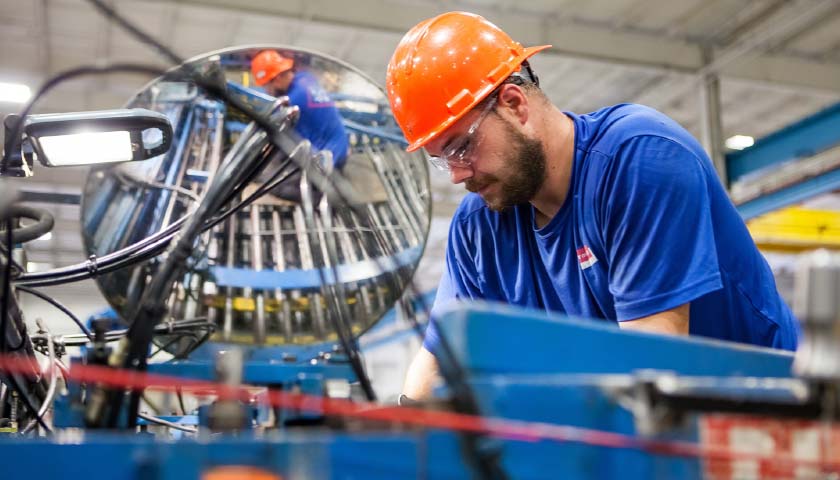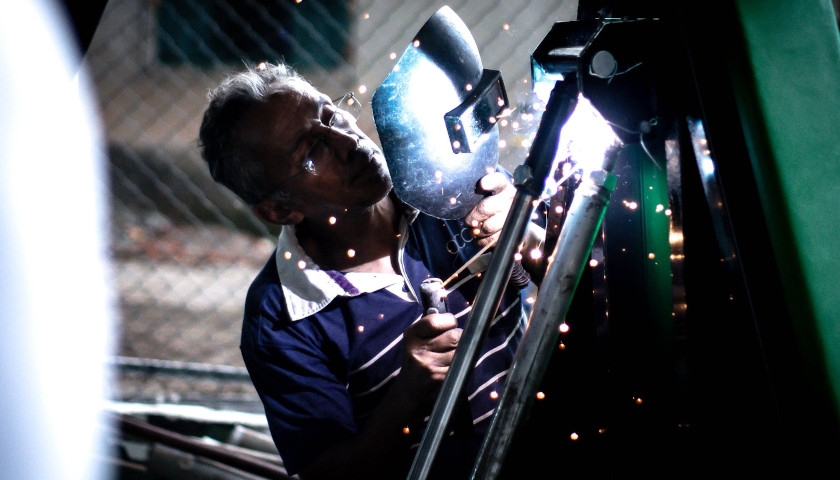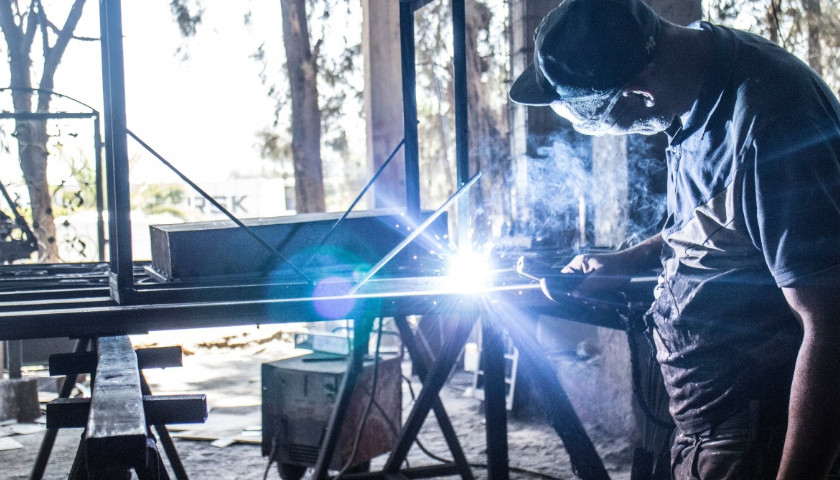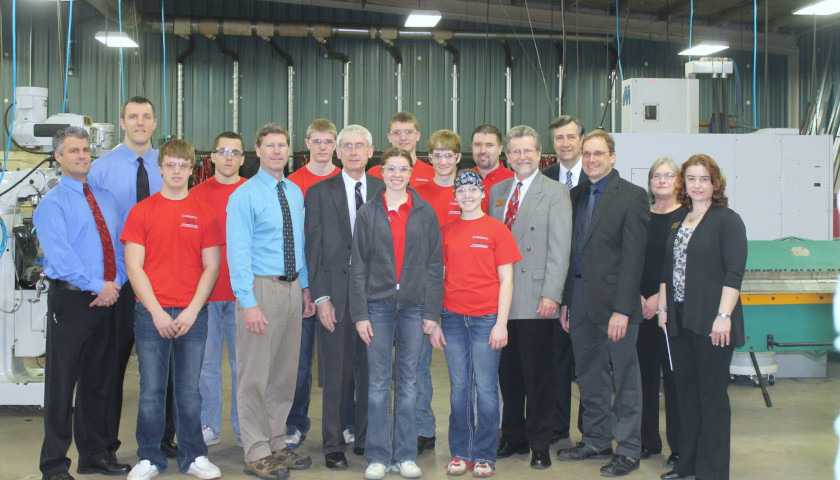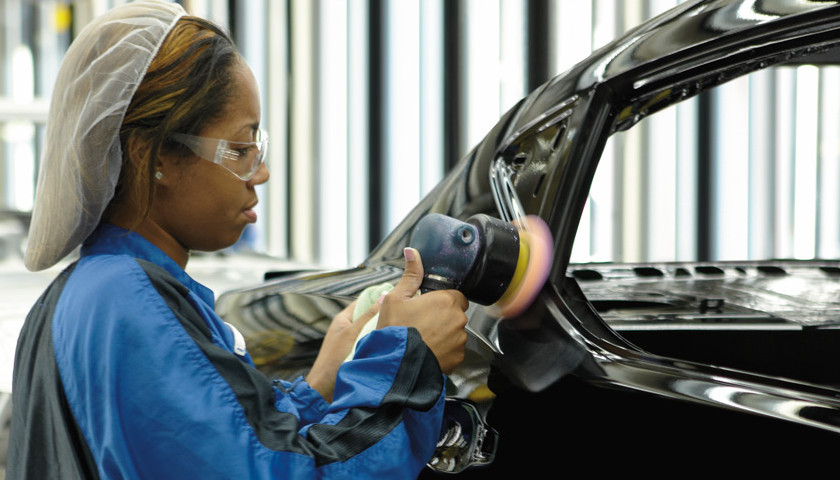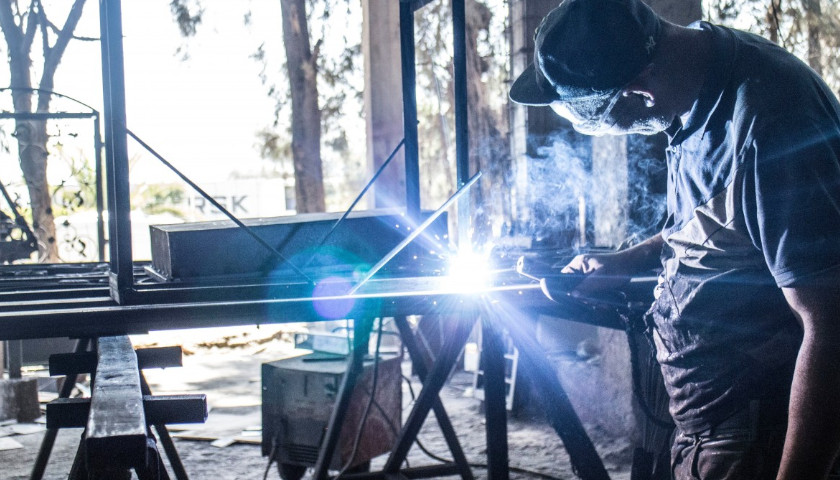by Ireland Owens Steven Madden said Thursday that it is accelerating plans to shift production out of China in anticipation of President-elect Donald Trump introducing increased tariffs on imported goods when he returns to office, according to Bloomberg. The New York-based retailer said in a company earnings call Thursday…
Read MoreTag: manufacturing
Commentary: The Financialization of Nature
Financialization: “A pattern of accumulation in which profit making occurs increasingly through financial channels rather than through trade and commodity production.”
– Greta Krippner, Economic Sociologist, University of Michigan
There are plenty of examples of how America’s economy shifted from a production-based economy to a financially-based economy over the past forty years. Starting around 1980, with the economies of post-World War II Europe and Japan fully rebuilt and roaring, and emerging Asian economies turning into powerhouses of manufacturing as well, America chose financialization as an alternative to rising up to meet the competition.
Read MoreUnited Airlines CEO Says They Are Making Plans Without Boeing After Manufacturing Issues
United Airlines CEO Scott Kirby said Tuesday that the company is making a plan to move forward without Boeing after the manufacturing company grounded its MAX 9 planes, according to CNBC.
Boeing has suffered a series of problems in the last several weeks after multiple planes had major mechanical and structural errors, forcing the company to ground all Max 9 aircraft with door plugs. Kirby told CNBC that the decision to ground the aircraft was the “straw that broke the camel’s back” for United.
Read MoreNew York Manufacturing Sees Biggest Plunge Since Pandemic Lockdowns
The index for New York state’s general business conditions fell by 29 points to -43.7 for January, with a negative number indicating a contraction, declining to the lowest point since May 2020 when the state was struggling with the COVID-19 pandemic, according to a new survey from the Federal Reserve of New York.
Accompanying the decline and contraction in general business conditions, shipments fell 25 index points, the number of unfilled orders remained high at -24.2 index points and the amount of inventory held shrank to -7.4 index points, according to the Empire State Manufacturing Survey conducted between Jan. 3 and 10. Despite poor current conditions, optimism about future activity levels by businesses increased, with the index rising 7 points but still remaining relatively low at 18.8 points, indicating that businesses expect an economic expansion in the coming months.
Read MoreChina’s Latest Data Dump Shows Economy Is Still Struggling to Regain Momentum
New state economic data released Thursday shows that China is facing headwinds in its effort to revive its struggling economy, according to The Wall Street Journal.
China struggled in August with low manufacturing activity, exports and consumer spending, adding more negative factors to the Chinese economy, which is already facing a fumbling real estate market, according to the WSJ. The new data from China follows disappointing economic growth for the country in the second quarter of 2023, with the Chinese economy only growing 0.8% for the quarter as opposed to 2.2% in the first, totaling 6.3% for the year.
Read MoreCommentary: Boosting Manufacturing in North America
The world paid little attention when the leaders of North America met in a summit in Mexico City last month, but what they decided was momentous. President Biden, Mexican President Lopez-Obrador and Canadian Prime Minister Trudeau agreed to build on President Trump’s 2020 trade agreement to find new ways to integrate their economies, boosting manufacturing and significantly reducing reliance on Asia.
Read MoreBusinesses Add Fewest Jobs in Two Years as Manufacturing Craters
Private companies added 127,000 jobs in November, missing investor expectations by more than 70,000 to post the worst result since January 2021, according to private payroll firm ADP and CNBC Monday.
The addition represented a sharp decline from the 239,000 new jobs reported by the firm in October. Industries that were most directly impacted by higher interest rates, such as construction, were hit the hardest by job cuts, while consumer-facing industries, such as hospitality, largely weathered the storm, according to ADP.
Read MoreManufacturing Leaders: American Businesses Face Major Issues Due to Inflationary Pressure
Several manufacturing and business leaders are concerned about how inflationary pressures are hurting businesses through heightened input and transportation costs.
Participants at a round table event on Capitol Hill Thursday said that inflation has increased the cost of raw materials, making it harder for manufacturers to obtain what they need to do business.
Read MoreMinnesota Unemployment Rate in March Reached Lowest Level Ever Recorded
Minnesota’s unemployment rate decreased to 2.5% in March, tying its lowest level ever recorded, the Department of Employment and Economic Development announced Thursday.
The last time it was that low was in February 1999.
Read MoreThe Global Chip Shortage Will Have a Major Impact on Consumers
The global chip shortage is beginning to impact consumers, driving up prices of smartphones, vehicles and personal electronics as manufacturers struggle to keep up with rising demand.
“We’re seeing 5% to 10% price increases right now,” Glen O’Donnell, vice president and research director at Forrester, told the Daily Caller News Foundation. “They will increase more as this issue drags on.”
Semiconductors, the internal components essential to the functioning of almost every electronic device, have been in short supply since early 2020 due to high consumer demand of mobile electronics cloud services, and other products that require computer chips, according to O’Donnell. The COVID-19 pandemic exacerbated the problem by stalling semiconductor production and disrupting supply chains, with demand for consumer electronics only skyrocketing due to more people working from home.
Read MoreTop Economists Expect Inflation to ‘Accelerate Strongly’ in Coming Weeks
Economists expect inflation to “accelerate strongly” in the coming weeks and months, but said consumer prices would eventually moderate.
The consumer price index (CPI), a common measure for inflation, is expected to rise 2.8% in 2021 and 2.3% in 2022 compared to the 1.2% increase that occurred in 2020, according to economists surveyed by the National Association for Business Economics (NABE).
The projection, released Monday, reflected the Federal Reserve consensus that inflation will heat up by the end of the year before cooling down as the economic recovery continues.
Read MoreAnnual Survey Shows Minnesota Manufacturers Anticipate Strong Economy in 2020
An annual survey of Minnesota’s manufacturing sector shows respondents anticipate stable or improved economic conditions in 2020.
Read MoreLeading Schools Series: Wisconsin School Runs a Manufacturing Business Within its Doors
Machine shop training in public high schools has dwindled nationally either because of a lack of funding or no funding at all. So in 2006, instructor Craig Cegielski approached the Eleva-Strum School Board in Strum, Wisconsin with an odd request. Rather than asking for money, Cegielski instead requested permission to launch an in-school manufacturing business.
Read MoreFiat Chrysler Proposes Merger with France’s Renault
Fiat Chrysler proposed a 50-50 percent merger Monday with Renault, a union that would create the world’s third biggest automaker. The merger, if it happens, would vault the new company, with annual sales of 8.7 million vehicles, into a position ahead of General Motors and behind only Volkswagen and…
Read MoreNew Data Suggest Continued Expansion in the Manufacturing Sector in February
by Robert Hughes The Manufacturing Purchasing Managers’ Index from the Institute for Supply Management registered a 54.2 percent reading in February, down from 56.6 in January (see top chart). Despite the pullback, the index remains well above neutral, suggesting continued expansion for the manufacturing sector. According to the Institute…
Read MoreDe Beers Sees Sparkle in Synthetic Diamond Jewelry
Reuters Anglo American unit De Beers is launching a company to sell laboratory-produced diamonds for jewelry in a departure from its century-old business model of promoting natural stones. Real diamonds created over thousands of years remain the priority, but De Beers is responding to customer demand for more affordable…
Read More
